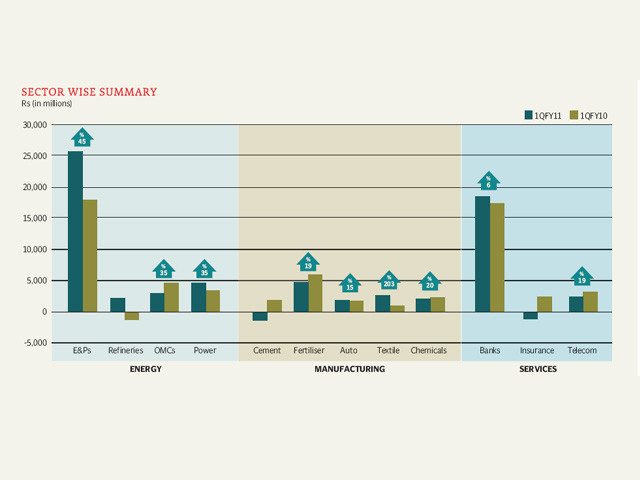Faisalabad best place to do business in Pakistan

The report is the first sub-national report of the Doing Business series on Pakistan, covering 13 cities in its survey of six quantitative indicators on business regulations.
The report focuses on regulations relevant to the life cycle of a small to medium-size domestic businesses. Its objective is to create a uniform global comparison that then encourages governments to create efficient regulations, accessible to all and simple to enforce.
The six variables covered by the report are starting a business, dealing with construction permits, registering property, paying taxes, trading across borders and enforcing contracts.
The report ranks the 13 cities it covers by the overall ease of doing business. Five positions from the first six went to cities in Punjab, though the report points out that all provinces have high performers in key areas.
For example, Sukkur stands first in terms of enforcing contracts. Islamabad and Peshawar are first and second respectively on starting a business. And Quetta has been ranked second in paying taxes.
Karachi ranks ninth overall in terms of its position in ease of doing business. Finishing last among the 13 is Hyderabad.
Jana Malinska, an investment policy officer at the World Bank, pointed out the fact that no single city completely dominated the categories on which they were being judged.
The report suggests that if every city were to adopt the best practices of the leader in each category, Pakistan’s rank in the global Doing Business in 2010 report would go up 16 places, from the current number 85 to number 69.
The report will encourage healthy competition among the cities and the provinces and I am surprised that Islamabad is not the number one city in ease of doing business, said Hina Rabbani Khar, Minister of State for Finance.
Balochistan’s chief economist, Sarwar Javed, differed with the report’s findings on the benchmark of the property registration in which Quetta is ranked 13th. He was of the view that the province was the best in property transfer among all the provinces.
Peshawar could not get first position in any category. An official of the provincial government blamed the prevailing law and order situation in the province for the poor performance of the city.
One of the major recommendations of the World Bank was the creation of separate courts to quickly resolve commercial disputes in Pakistan. The report highlights the fact that the average time taken to resolve a commercial contract dispute is three and half years and requires 47 steps.
The existing dispute resolution mechanism is based on a single federal law, the Civil Procedure Code of 1908, dating back to the colonial era. The process of enforcing a contract costs about 30 per cent value of the disputed claim between the parties, states the report.
Starting business: The World Bank said that continued reforms have helped reduce the start-up time but the number of procedures remains high. In this category, Islamabad grabbed the first position among the surveyed 13 cities, followed by Faisalabad. The worst performer is Gujranwala.
Dealing with construction permits: According to the report, obtaining all building approvals and utility connections in the 13 benchmarked cities requires an average of 13 procedures and 165 days, costing 527.6 per cent of income per capita.
Multan got the first place in the rank of dealing with construction permits, followed by Gujranwala. Sukkur got the 13th place. Registering property: Registering property is the fastest in Lahore where it takes 30 days and the slowest in Quetta, consuming 52 days. Karachi grabbed the 11th place in this indicator.
Paying taxes: In this category, Islamabad topped among all, followed by Quetta, with the worst performers being Hyderabad and Sukkur.
The report states that Islamabad’s total tax rate is the lowest in the country that stands at 26 per cent and the highest rate is in Sindh, which is 31.6 per cent.
Published in The Express Tribune, June 30th, 2010.



















COMMENTS
Comments are moderated and generally will be posted if they are on-topic and not abusive.
For more information, please see our Comments FAQ